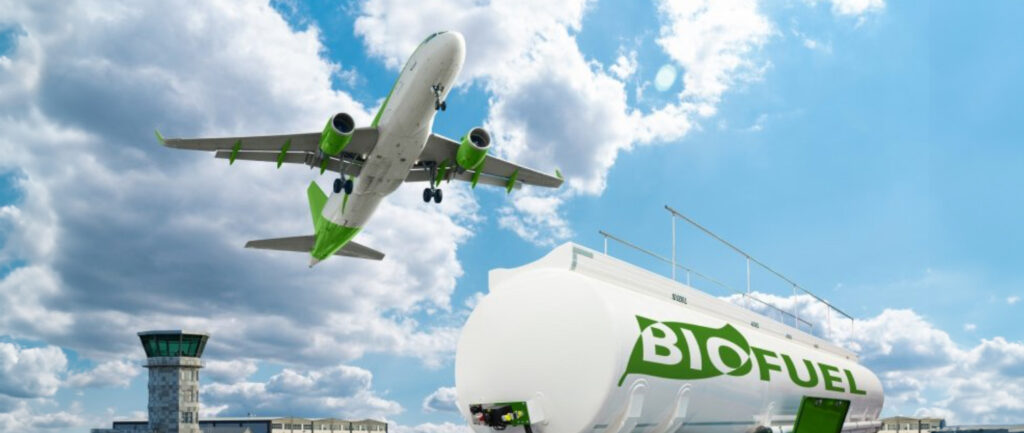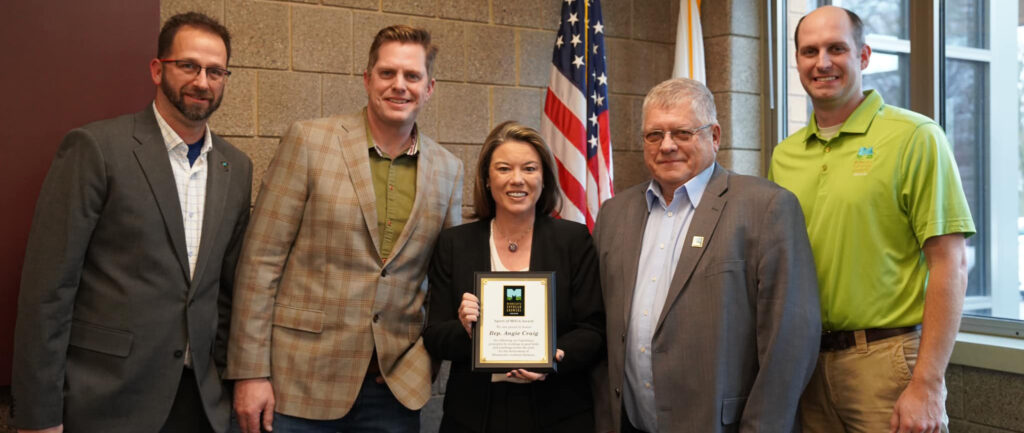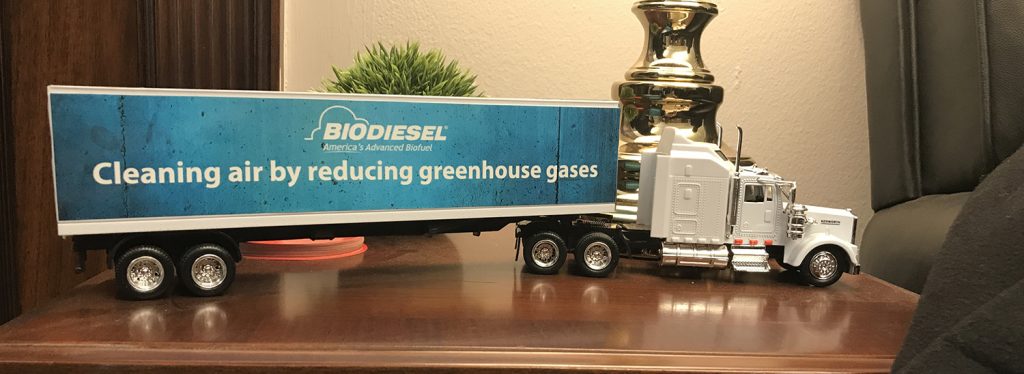The Minnesota Soybean Growers Association strongly disagrees with an administrative law judge’s ruling that clears the way for the Clean Cars rule to go into effect. The ruling, issued by Administrative Law Judge Jessica Palmer-Denig, allows the Minnesota Pollution Control Agency the authority to implement an electric car mandate that will lead to electric vehicles accounting for between 6% and 7% of the vehicle sales in Minnesota from 2025 to 2034. Currently, electric vehicles account for about 2% of vehicle sales.
“We are disappointed with the ruling, and believe this issue should have been debated in the legislature,” MSGA President Jamie Beyer said. “Minnesota has been a leader in reducing greenhouse gas emissions (GHG) through our own rules and regulations and should remain a leader, not a follower, in this arena.”
MSGA believes the Clean Cars initiative would leave farmers and agribusiness in regulatory limbo, stunt the environmental progress Minnesota has already made and increase the cost of vehicles for rural residents. In January, Beyer testified against the proposal to lawmakers, arguing that Minnesota should not adopt the regulatory energy practices of California to implement greenhouse gas goals. Fourteen other states have adopted similar measures.
In 2020, using B20 in the summer and B5 in the winter removed an estimated 1,252,967 tons of CO2 from the air. This equates to removing the emissions of nearly 246,000 passenger vehicles each year. According to the National Biodiesel Board, biodiesel GHG reductions are on average 80% below petroleum diesel. Studies show biodiesel lowers particulate matter by 47%, reducing smog and improving Minnesota’s environment. Each year, cleaner-burning, renewable biodiesel displaces roughly 130 million gallons of petroleum diesel in Minnesota.
Along with the environmental benefits, biodiesel in Minnesota contributes nearly $1.7 billion toward the state’s economy, adding about 5,400 jobs and boosting demand for soybeans by 13% (equating to an estimated 63 cents of additional value to every bushel of soybeans). Minnesota supports biodiesel plants in Albert Lea, Brewster and Isanti, which produce approximately 85 million gallons of the renewable fuel each year. Biodiesel is recognized by the EPA as an advanced biofuel.
“Our stance on this issue has not changed: We believe biofuels are part of the solution to the climate and energy challenges we face,” MSGA Executive Director Joe Smentek said. “Moving forward, we hope the state and the Walz administration don’t forget the role biodiesel has played in the past 20 years to help clean Minnesota’s air.”
In the ruling, MSGA was cited as one of the organizations that advocated against in the bill, following MSGA submitting written comments in March.






